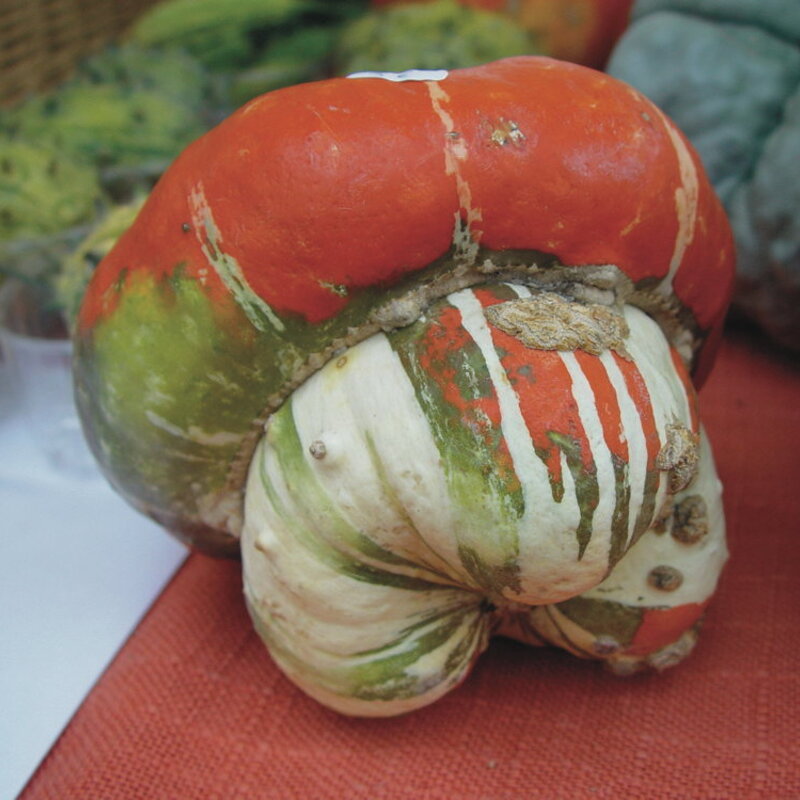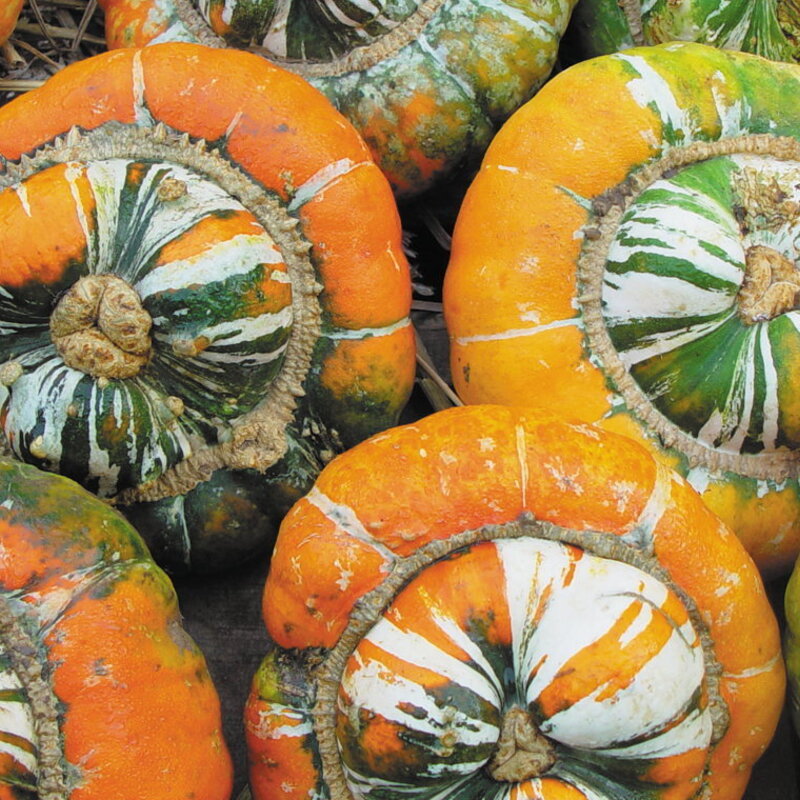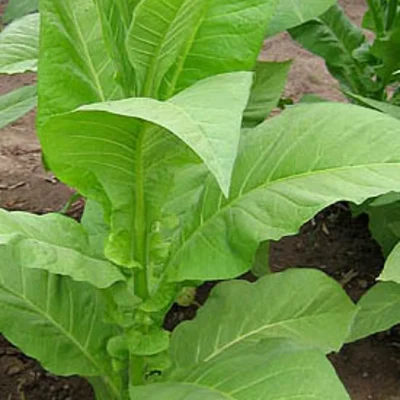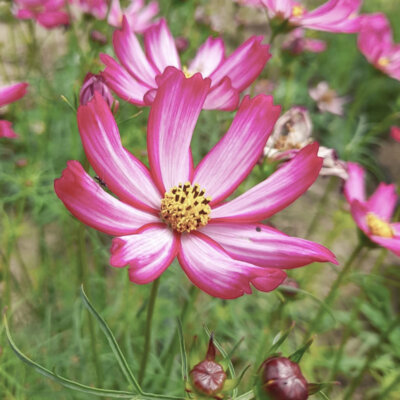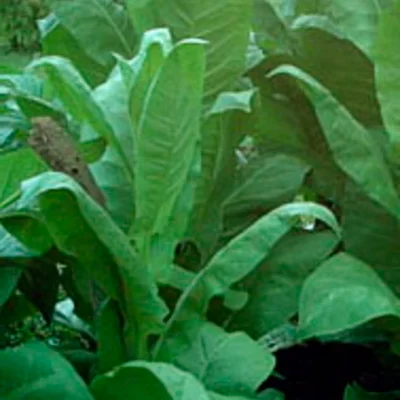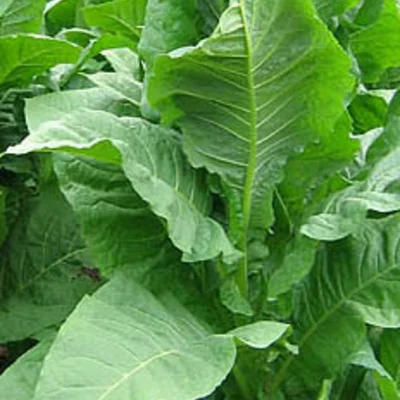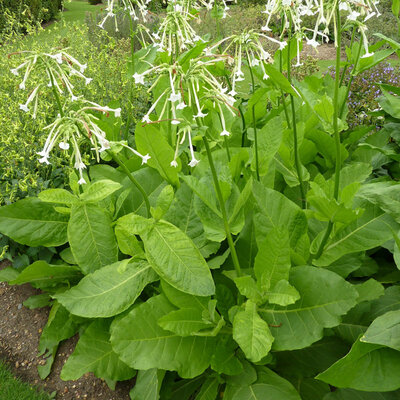Small Turkish Turban - Maxima squash
This highly decorative variety produces white, green and orange turban-shaped fruits weighing 100 to 800 g, with pale orange flesh that is firm, not very thick and sweet-tasting.
Characteristics of Petit Turban Turc squash
Petit Turban Turc or Bonnet Turc squash, Cucurbita maxima, is an ancient variety of pumpkin native to France. It is a smaller variant of the Turban Turc squash. It produces turban-shaped fruits, 15 to 25 cm in diameter and weighing 100 to 800 g, variegated with orange, green and white. Often decorative, this squashy variety is also appreciated in cooking, for its light-orange flesh, firm and thin, with a sweet flavor. The squash flowers are also edible.
How to sow Petit Turban Turc squash?
Sow in pots 2 to 3 weeks before transplanting, from March to May, in bunches of 2 to 3 seeds.
Place seedlings under a light shelter, at a temperature of between 18 and 20°C, and keep the substrate moist until the seeds emerge. Be careful not to sow squash seeds too early in the season, in which case the roots will become fibrous, making growth difficult in the garden. Transplant into the vegetable garden once the last frosts have passed.
From April to June, after the last risk of frost, it is possible to sow directly in the garden in 2 to 3-seed stacks.
Prepare 2 weeks in advance holes filled with compost or organic matter, spaced 2 m apart in all directions, to accommodate the squash plants or seeds. Mulch the soil to maintain sufficient humidity and limit water evaporation.
Near the pumpkins and squash, we recommend sowing corn and beans, giving rise to the "three sisters" or milpa crop. Also plant basil to repel pests.
When to harvest Turkish bonnet squash?
Although the fruits of the Turk's Bean squash can be harvested and eaten immaturely, those intended for winter storage should be picked as late as possible, before the first frosts, from July to November, when the stalk starts to dry out and the skin becomes thick. Be careful not to pull them off, but cut as close as possible to the stem, 10 cm above the stalk.
This variety of pumpkin can be stored for several months in a dry, well-ventilated place, at a temperature of between 10 and 12°C. Place the fruit, spaced apart and tail up, in crates set high up, or freeze them, after slicing and cooking, for up to a year's storage. In terms of cooking recipes, this squash can be enjoyed as a soufflé, purée or vegetable soup.
These products may also be of interest to you
in bucket, in the ground
Sow in pots at temperatures between 18 and 20°C, 2 to 3 weeks before planting. Transplant into the ground after the last frosts, at a distance of 1.5 to 2 m in all directions. It is also possible to sow directly into warmed soil, in bunches of 3 to 4 seeds, after the last frosts. Keep only the most vigorous plant.
March, April, May
April, May, June
July, August, September, October, November
in the ground
sunny
fort
humus
rich, heavy, furniture
Cucurbita maxima
mid-season
From 100 to 800 g
12 seeds
turban
fleshy
Orange, Green, White
edible
From 150 to 400 cm
From 15 to 25 cm
France
"Vilmorin-Andrieux "Les Plantes Potagères
This very old French variety was known before 1820. It is also known as "Bonnet Rouge" and "Red Bonnet".



